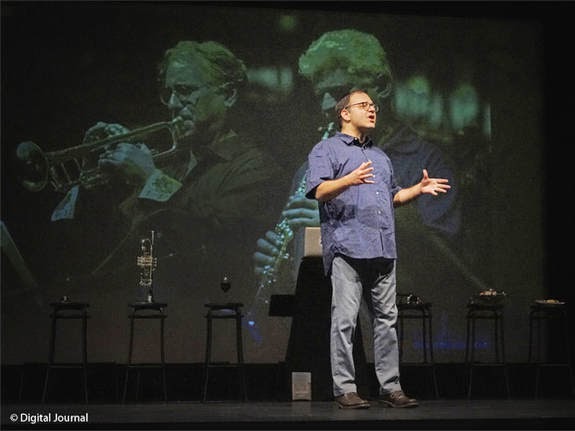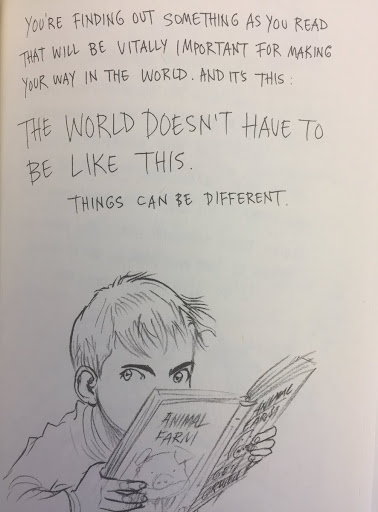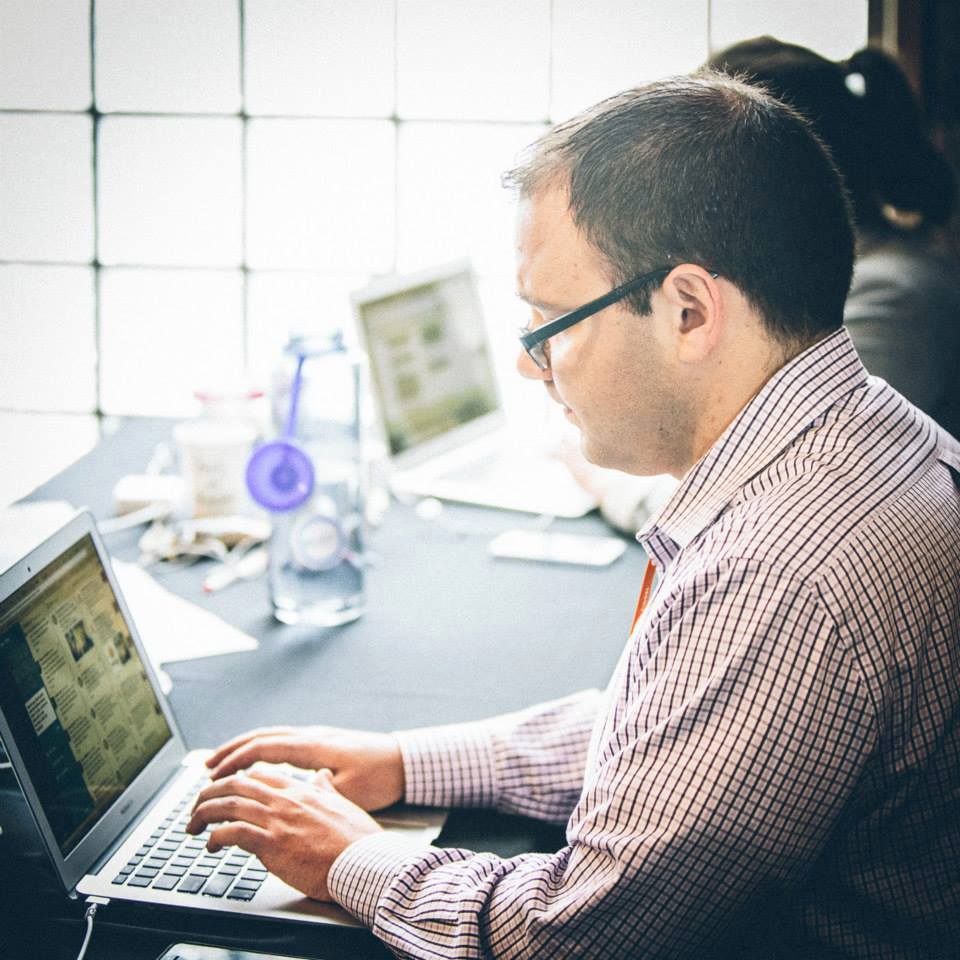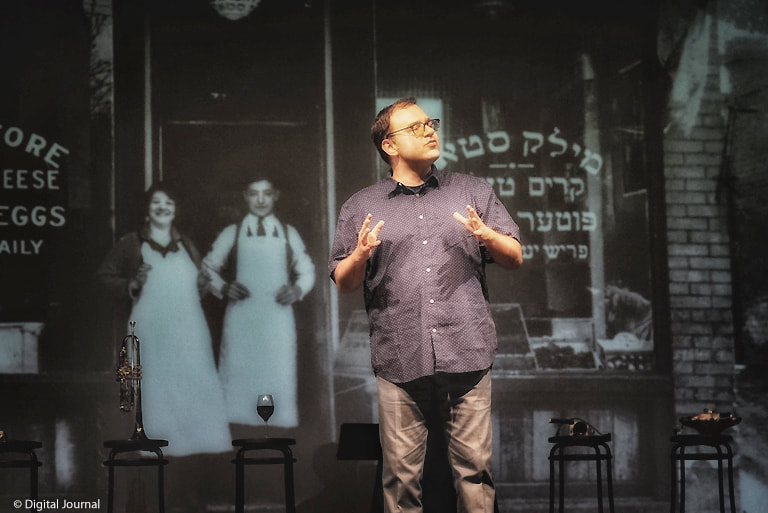You just landed an interview, ideally in-person, and now you’re wondering how to get the most out of your interviewee. After conducting more than 500 interviews in my work as a freelance journalist, I can attest to how important is to prepare thoroughly and learn to be a strong listener during those one-on-one sessions.
But I recognize not every journalist boasts that wealth of experience, which is one of the reasons why I became a writing coach: to share my knowledge so others can benefit.
That’s why I want to shed light on the five mistakes budding journalists make when they sit down to conduct interviews with folks. Also, if you have any feedback or questions about this advice, feel free to find me on Twitter @SilverbergDave
Don’t forget to research and prep
It’s never smart to go into an interview cold. It might sound obvious, even to first-time journos, but you should always research your source thoroughly, knowing everything about her childhood, education, career choices, hobbies, public statements, what others have said about her, etc.
Then write a few questions that you can bring to the interview. Ideally, these should be in an easily accessible notepad. More soon about the types of questions you should be asking.
But coming back to that notepad…
Don’t rely on your memory for moments of colour, detail
Every engaging profile of someone, if that’s the article you’re tackling, includes vivid details about the interviewee. As much as you want to ensure you have the best quotes to include in your profile, you have to also embed alluring colour: How is she speaking? Quickly, deliberately, anxiously? Do her hand gestures or body movement convey anything about her feelings during a certain answer? If you’re interviewing her at her home or office (both highly recommended), what can readers learn about her through her décor or photos on the wall?
That’s why you need that notepad with you to record those details. And that’s why you need a voice recorder to do the heavy lifting of capturing the entire interview, allowing your notepad to take down those colourful descriptions that can elevate your profile from great to amazing.
Refrain from asking closed questions
Closed questions are usually answered with a “yes” or “no.” They may come in the form of something like, “Were you happy when you left your old job to take on this new role?” That will be a yes or no answer, and will leave you with nothing meaty to work from.
That’s why a better more open-ended question of that same topic could be, “Tell me how you felt when you left your old job.” She can’t answer with a yes or no there, and you’ll likely learn something about her emotional wellbeing during that moment in her life.
A good rule-of-thumb is to begin question with “why”, “how”, “what inspired you to…” and “explain more about…” It’s not that you can’t ever ask questions that begin with “where” or “who”, say, but just realize you’ll be getting more factual answers than emotional answers with those kinds of queries.
Don’t ask the hardball questions first
If you’re writing an investigate article that requires you to ask some tough questions, your source will have her hackles up. It won’t be a breezy interview. But there are ways to get the most out of what could be a tight-lipped conversation.
What I’ve found helpful is waiting to ask the really tough questions that form the backbone of the interview. When she can feel comfortable talking to you, that’s when you can go for the more important questions. So, in the beginning of the chat, opt for softball questions to ease them into the interview. Ask about her life growing up, what she found exciting about school or her first job, the kinds of books she reads, the mentors she’s had, and so on.
Then, maybe halfway through the interview, lob those hardball questions. I can’t guarantee she’ll open up to you or refrain from saying “no comment” but if you’re friendly to begin with, it’ll be easier to lean towards more difficult questions that you truly want to ask.
Don’t let your interviewee get long-winded
I’ve faced this many times: You ask a question about X, and the interviewee meanders this way and that, talking about Y, Z and every other letter, and you’re waiting patiently for her to finally get to X…but you’re not sure how long it will take to get there.
When you’re faced with a long-winded and distracted reply, it’s up to you to steer it back to where you want the answer to go. If it were up to interviewees, they could wax poetic about how great they kids are until you’re ready to leave. The more you can stay in control of the interview, the better quotes you’ll receive.
One tactic I’ve used is to say, during a wandering answer, “So that’s interesting, but can you come back to my question about why you decided to take on this new job?” You’ll likely be welcomed with a smile, perhaps an apology, and then the interview will get back on track and you’ll be treated to the answer you sought.
Just be respectful and polite with this kind of question. You might be frustrated by long-winded answers, but it’s still critical to realize this interviewee doesn’t HAVE TO speak to you, they’re really doing you a favour, so reporters should remember to ask these kinds of questions with patience and civility.





